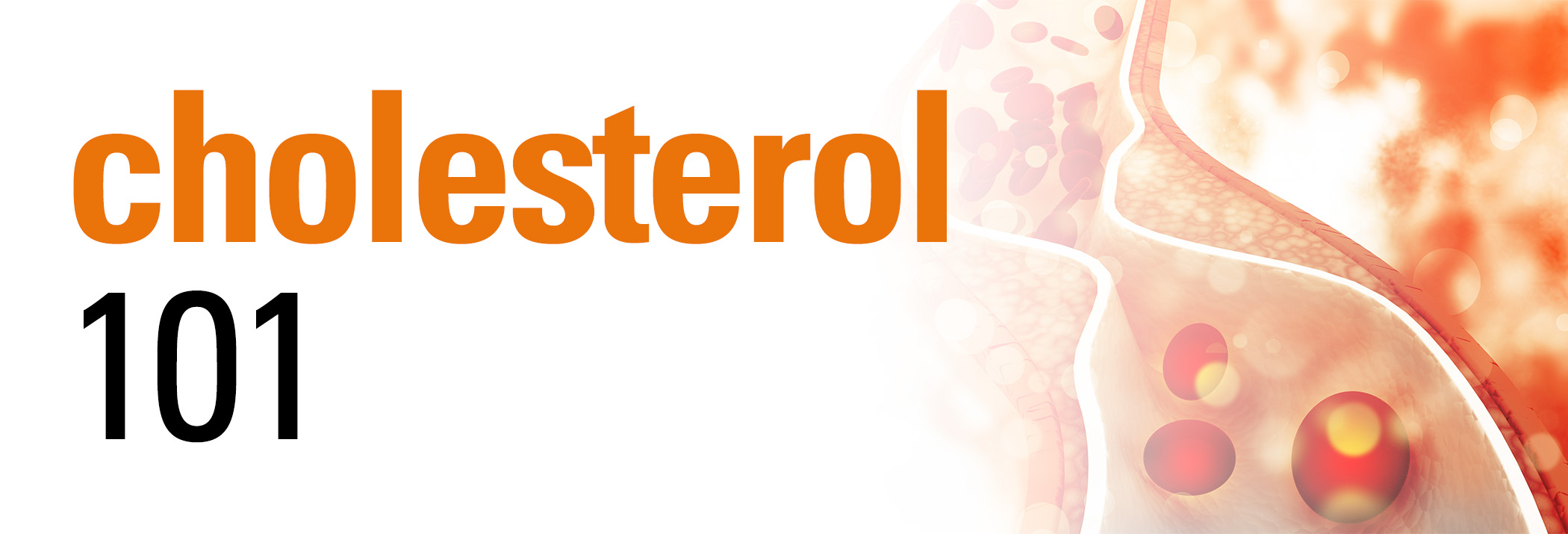This Health & Diet Post covers:
- what cholesterol REALLY is
- what cholesterol does for the body
- how to optimize cholesterol levels to support a balanced and healthy well-being
Well, put simply, Cholesterol is a sterol, or an insoluble, waxy lipid, basically meaning it’s a type of fat that doesn’t dissolve in water, like your blood. When referring to Cholesterol, most people are actually referring to the Cholesterol-transporting proteins LDL (low density lipoprotein) and HDL (high density lipoprotein). LDL and HDL are responsible for transporting cholesterol throughout the body. Together LDL cholesterol + HDL cholesterol make up your total cholesterol levels.
Cholesterol when hearing or reading this word, people often have negative connotations associated with it. Cholesterol gets a bad rep, but cholesterol isn’t the bad guy. The body needs cholesterol to function and it's critical for your overall health and longevity.
Contrary to what you’ve been led to believe, Cholesterol DOES NOT cause heart disease. In fact, maintaining normal cholesterol levels may actually be important for health & longevity.
Most people know cholesterol for its association with causing atherosclerosis or heart disease. Although cholesterol gets a bad rep, it actually supports numerous functions within the body and plays an integral role in maintaining your health.
Cholesterol Supported Functions:
- Regulates the “fluidity” of the cellular and mitochondrial membrane
- Supports cell growth & reproduction
- Aids in the activation of genes
- Produces steroid hormones, (estrogen, progesterone, testosterone, ect,) vitamin D and bile acids (needed to digest fat)
Both LDL and HDL cholesterol are essential in supporting healthy functions within the body.
LDL transports cholesterol throughout the body where it’s absorbed into cells and used as a building block to build cell membranes, produce hormones, among other functions.
HDL transports cholesterol to the liver where it is excreted from the body. HDL cholesterol is broken down into bile acids which are transported to the intestines and gallbladder during the digestion process. Only about 1-2% of these bile salts (broken down cholesterol) are lost daily through excretion as feces.
The amount of cholesterol excreted by the body as bile is replaced by new cholesterol formed in the liver or consumed through your diet in order to keep your cholesterol levels balanced. For most people, the more cholesterol you consume in your diet, the less cholesterol your body produces.
In a small subset of the population, dietary cholesterol levels increase with cholesterol consumption, but even in this population it’s been found, repeatedly, to not have an impact on increasing the risk of cardiovascular disease. In fact, this clinical review stated, "existing epidemiological data have clearly demonstrated that dietary cholesterol is not correlated with increased risk for CHD (Coronary Heart Disease)".
Overall, your cholesterol levels largely remain constant regardless of your dietary cholesterol intake.


